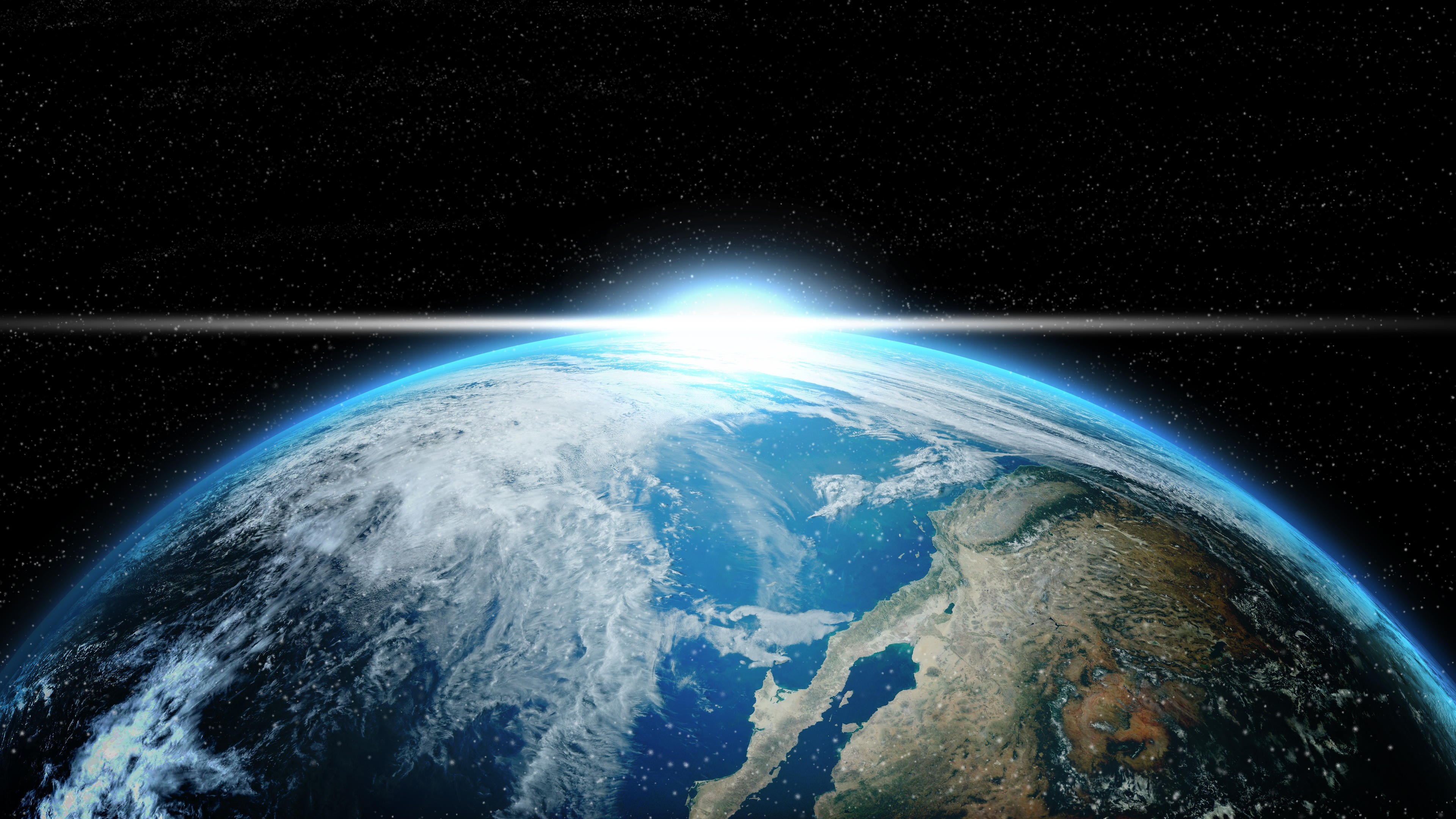10 sustainability myths busted, and six things you can do to make a real difference
'It is the greatest of all mistakes to do nothing because you can only do a little — do what you can,’ wrote Sydney Smith some two centuries ago, but his words are the perfect reason why we should all do what we can to save the planet. The problem is that it's hard to know just what to do; Jonathan Self pores through the confusing and sometimes contradictory information to help.


I want to do the right thing by the environment, and so do you. But, let’s face it: it isn’t always easy.
The moment one contemplates the sheer scale of the problem we face, it is difficult not to feel profoundly depressed. For example, in order to research this article, I visited The World Counts (www.theworldcounts.com), which offers all the latest environmental statistics, and it was enough to send me to bed for the day.
The thing I find hardest about trying to be greener is choosing between all the countless options on offer. Are bamboo toothbrushes better than electric ones? Do trains always cause less pollution than planes? Ought one to replace old (but perfectly usable) domestic appliances with new, low-energy versions? There is so much information out there (some of it contradictory) to analyse.
When I find myself in despair, I remember an essay by Loren Eiseley in which two men are walking along a beach covered by thousands of washed-up, dying starfish. One of the men starts throwing individual starfish back into the water. The other man points out that there are so many starfish in trouble, his companion’s actions will make no difference. But the first man replies that it will make a difference to each starfish he manages to save.
It is an oft-repeated story, but that doesn’t make it any less true. Clergyman Sydney Smith put it in a nutshell when he said: ‘It is the greatest of all mistakes to do nothing because you can only do a little — do what you can.’
10 sustainability myths, and the truth behind them
“The green thing is to give up palm oil”
Yes and no. True, the industry is responsible for massive deforestation and is driving the orangutan and many other species towards extinction. However, the alternatives (such as rapeseed) can be equally as bad for the environment. The best option? Only buy products containing sustainable palm oil.
“It is better to drink water from cans than to use plastic bottles”
No. True, we throw away 700,000 single-use plastic bottles a day in the UK, but aluminium cans are every bit as damaging. Use refillable containers and remember that tap water is both tasty and free.
Exquisite houses, the beauty of Nature, and how to get the most from your life, straight to your inbox.
“The planet needs us all to give up meat and become vegetarians”
Yes and no. John Hopkins University discovered that a diet which is two-thirds vegan with some locally sourced meat is less carbon intensive than a vegetarian diet. Intensive meat production is terrible for the planet, but so, for example, is intensive avocado or almond production. There are good reasons to give up meat and dairy, but it is equally as important to keep food miles to a minimum. British farms are far less intensive, so buy local.
“Recycling must be scrubbed clean”
Not true. A light rinse is all it needs.
“Compostable packaging is greener”
Not necessarily. In time, compostable packing may prove greener, but it requires monoculture (fatal for diversity), there’s minimal traceability and crops it uses may be grown on land that was formerly rainforest.
“Recycling is pointless, because it ends up in landfill anyway”
Yes and no. The recycling industry has had its scandals, but in time it will be more efficient. We need to recycle to ensure demand, because demand will lead to improvement.
“Returnable packaging is greenest”
Yes and no. Single-use packaging is a scourge on the planet. But the energy required to return and clean packaging is disproportionately high. Only buy from businesses that can prove their returnable packaging has a lower carbon footprint.
“You should choose green electricity”
This varies wildly depending upon supplier. Some companies — among them Ecotricity and Good Energy — have impressive green credentials. But far too many are simply buying REGO (‘renewable energy guarantee of origin’) certificates for energy already in the system, in order to fulfill current rules. It’s only worth switching if you use a transparent provider — there’s an excellent list (and explanation) at which.co.uk.
“Driving a hybrid car is more environmentally friendly”
Up to a point. True, they cause much less air pollution. However, their environmental credentials vary widely according to the make, the source of the electricity you use, manufacturing methods (they require more resources than most petrol or diesel cars), type of battery (far from green!) and so on.
“Paper bags are better than plastic”
Sadly not. In most cases, paper bags, even if recycled and made from unbleached paper, actually have a substantially higher carbon footprint than the equi-valent oil-based plastic bag. The best option? Bags for life made from environmentally friendly materials.
Six things you can do right now to help save the planet
• Reduce
About one-third of all food in the UK is thrown away, 8% of our electricity is used by equipment in standby mode, we each produce more than 1kg of rubbish a day and… oh, you get the idea, the most important thing we can all do is reduce our consumption and thus our waste.
• Re-use
What we can’t reduce we can, with skill, re-use, repurpose and repair. Pass on those unwanted clothes. Use old packaging for storage. Get that Slendertone mended (well, perhaps not).
• Recycle
Half of all waste in the UK has the potential to be recycled. It is confusing knowing what to put where and the system is far from perfect. But the more we recycle, the better. For help deciphering the various recycling symbols, visit Recycle Now (www.recyclenow.com).
• Buy for life
Better-made products last longer and can usually be repaired more easily. If you need an excuse to buy something more expensive, this is it!
• Educate ourselves
As Nelson Mandela believed: ‘Education is the most powerful weapon which you can use to change the world.’ The more we know, the better we can do.
• Save some rainforest
For the past 30 years, the Rain-forest Trust has been buying and conserving rainforest. Last year alone, it protected 1.9 million acres. Every penny the trust raises is spent on its projects, as the overheads are paid for by its board. Donating is good for the planet and (I speak from experience) good for the psyche, too (www.rainforesttrust.org).
After trying various jobs (farmer, hospital orderly, shop assistant, door-to-door salesman, art director, childminder and others beside) Jonathan Self became a writer. His work has appeared in a wide selection of publications including Country Life, Vanity Fair, You Magazine, The Guardian, The Daily Mail and The Daily Telegraph.
